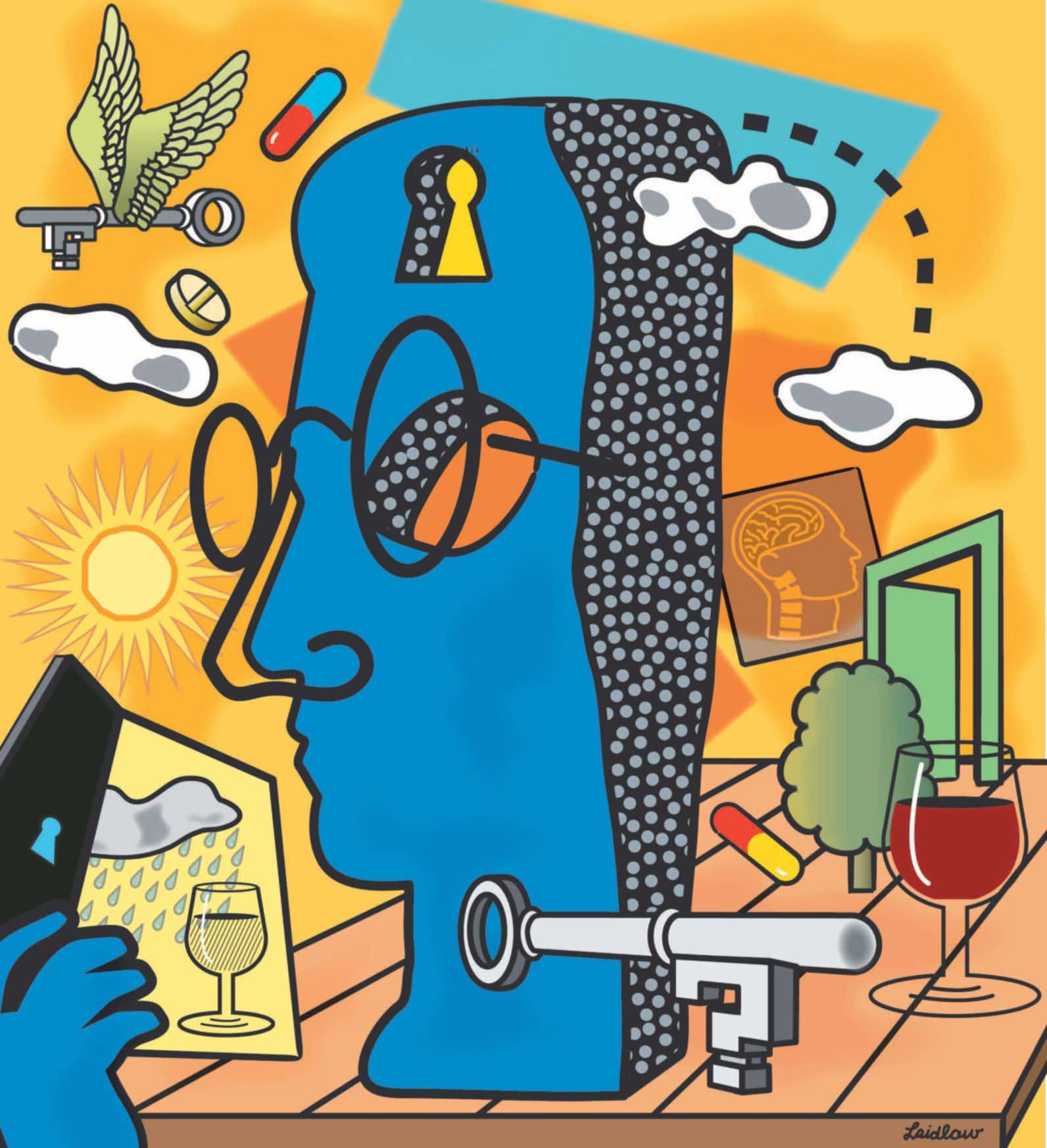Emil Asplund & Erik Gustavsson try to find the truth about medication.

To plug into the experience machine will provide you with the greatest possible amount of happiness. Yet there is something deeply counter-intuitive about the idea that plugging into the machine is the best life you can have. Perhaps the debate is captured best in the argument between Trinity and Cypher in The Matrix (1999), when Cypher claims, “If I had to choose between that [the depressing real world] and the Matrix… I choose the Matrix.” Trinity then stresses the fact that “The Matrix isn’t real.” This seems also to be Nozick’s guiding thought as he gives us three reasons why we would not plug into his experience machine. First, he says that people want to do things, not only have the experience of doing them. For example, most people would agree that something is lost if you are only experiencing what it is like to make a friend without actually making one. Second, we want to be a certain way. Once you’ve plugged in, there is no reality to who the person in the machine is; it’s just a brain floating in a tank experiencing pleasant things. You have turned into an “indeterminate blob” as Nozick puts it. Third, if you plug into the machine you would only be able to experience a man-made reality. As a blob in the machine you have “no actual contact with any deeper reality” (p.44, 3rd Edition) as Nozick puts it. These three points explain why it would be deeply counter-intuitive to plug into the machine.
Denne historien er fra October/November 2017-utgaven av Philosophy Now.
Start din 7-dagers gratis prøveperiode på Magzter GOLD for å få tilgang til tusenvis av utvalgte premiumhistorier og 9000+ magasiner og aviser.
Allerede abonnent ? Logg på
Denne historien er fra October/November 2017-utgaven av Philosophy Now.
Start din 7-dagers gratis prøveperiode på Magzter GOLD for å få tilgang til tusenvis av utvalgte premiumhistorier og 9000+ magasiner og aviser.
Allerede abonnent? Logg på

Metaphors & Creativity
Ignacio Gonzalez-Martinez has a flash of inspiration about the role metaphors play in creative thought.

Medieval Islam & the Nature of God
Musa Mumtaz meditates on two maverick medieval Muslim metaphysicians.

Robert Stern
talks with AmirAli Maleki about philosophy in general, and Kant and Hegel in particular.

Volney (1757-1820)
John P. Irish travels the path of a revolutionary mind.

IT'S A WONDERFUL LIFE
Becky Lee Meadows considers questions of guilt, innocence, and despair in this classic Christmas movie.

"I refute it thus"
Raymond Tallis kicks immaterialism into touch.

Cave Girl Principles
Larry Chan takes us back to the dawn of thought.

A God of Limited Power
Philip Goff grasps hold of the problem of evil and comes up with a novel solution.

A Critique of Pure Atheism
Andrew Likoudis questions the basis of some popular atheist arguments.

Exploring Atheism
Amrit Pathak gives us a run-down of the foundations of modern atheism.